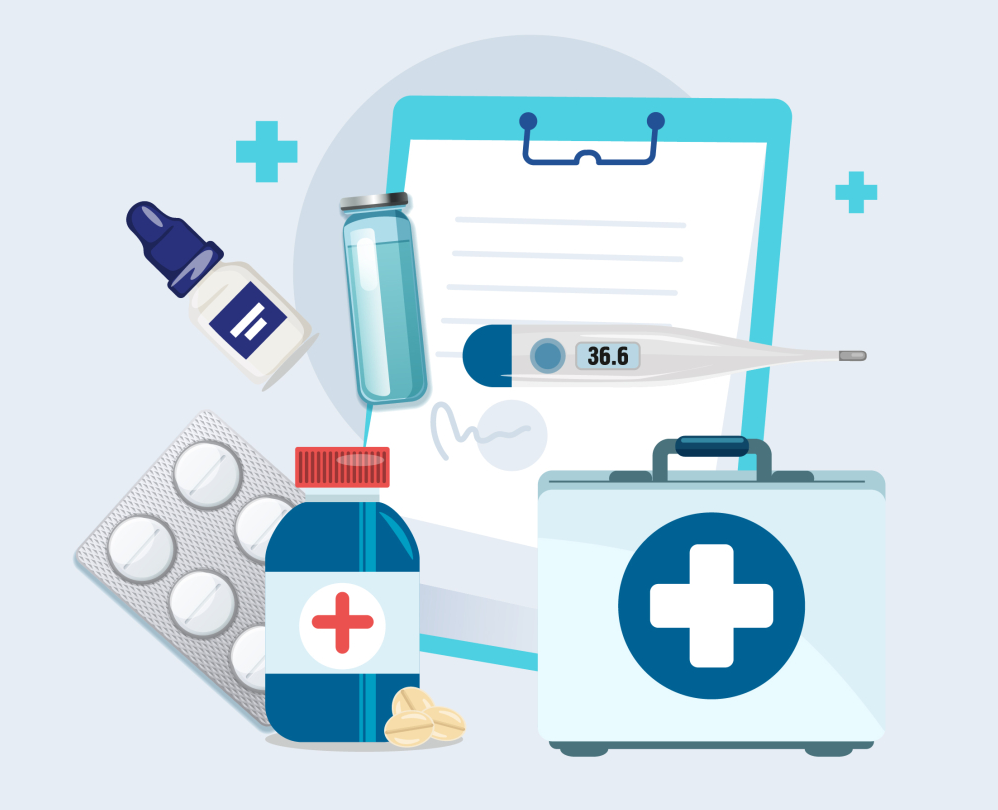| Teched

Teched has signed a contract with the Croatian Ministry of Health to design and develop a system for monitoring the treatment outcomes of outpatients with chronic conditions in public pharmacies. This system will serve as a model that enables the Croatian healthcare system to monitor treatment outcomes in a comprehensive and transparent manner. It will also support the assessment of the cost-effectiveness of spending on medicines — the most common medical intervention in modern healthcare systems worldwide.
With the implementation of this system, pharmacists will record all key medical and pharmacoeconomic data related to a patient’s therapy. This includes information on access to therapy, adherence, side effects, medication errors, correct use of medicines, achievement of treatment targets, and quality of life. These records will be entered using the existing pharmacy software (known as G8), which will require an upgrade.
The system will also support the creation of valuable pharmacoeconomic and pharmacoepidemiological databases. These resources will enable more systematic planning, monitoring, and evaluation of the cost-effectiveness of pharmacotherapy for outpatients.
All data on individual treatment outcomes will be transferred to the central part of CEZIH and made available for analysis by prescribers, pharmacists, and the national health insurer. By linking different databases, it will be possible to transfer specific information — such as the number and type of side effects, adverse events, and adherence levels — more quickly and accurately.
These data can then be analysed in a targeted and detailed way across different segments of the healthcare system. This includes connections within primary care (e.g. pharmacy-to-pharmacy or pharmacy-to-GP), and between primary and secondary care (e.g. enabling specialists to access outcome data for further treatment planning). The system will also support the direct transfer of adverse event reports to HALMED (the Croatian Agency for Medicinal Products and Medical Devices).
Once the system is developed and implemented, the Croatian healthcare system will benefit from invaluable feedback on treatment outcomes. This will help assess the continued justification for investment in comprehensive patient care.

